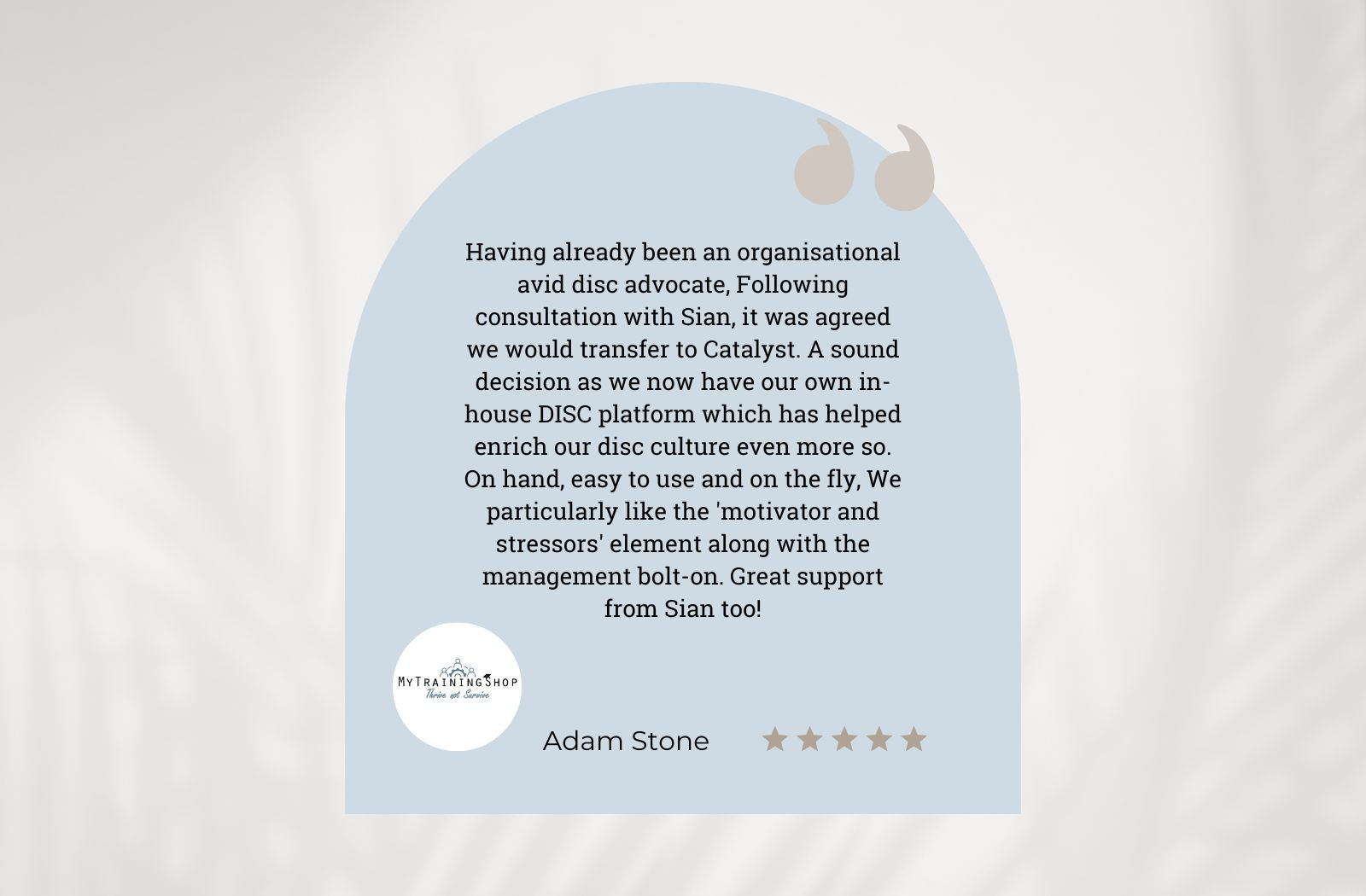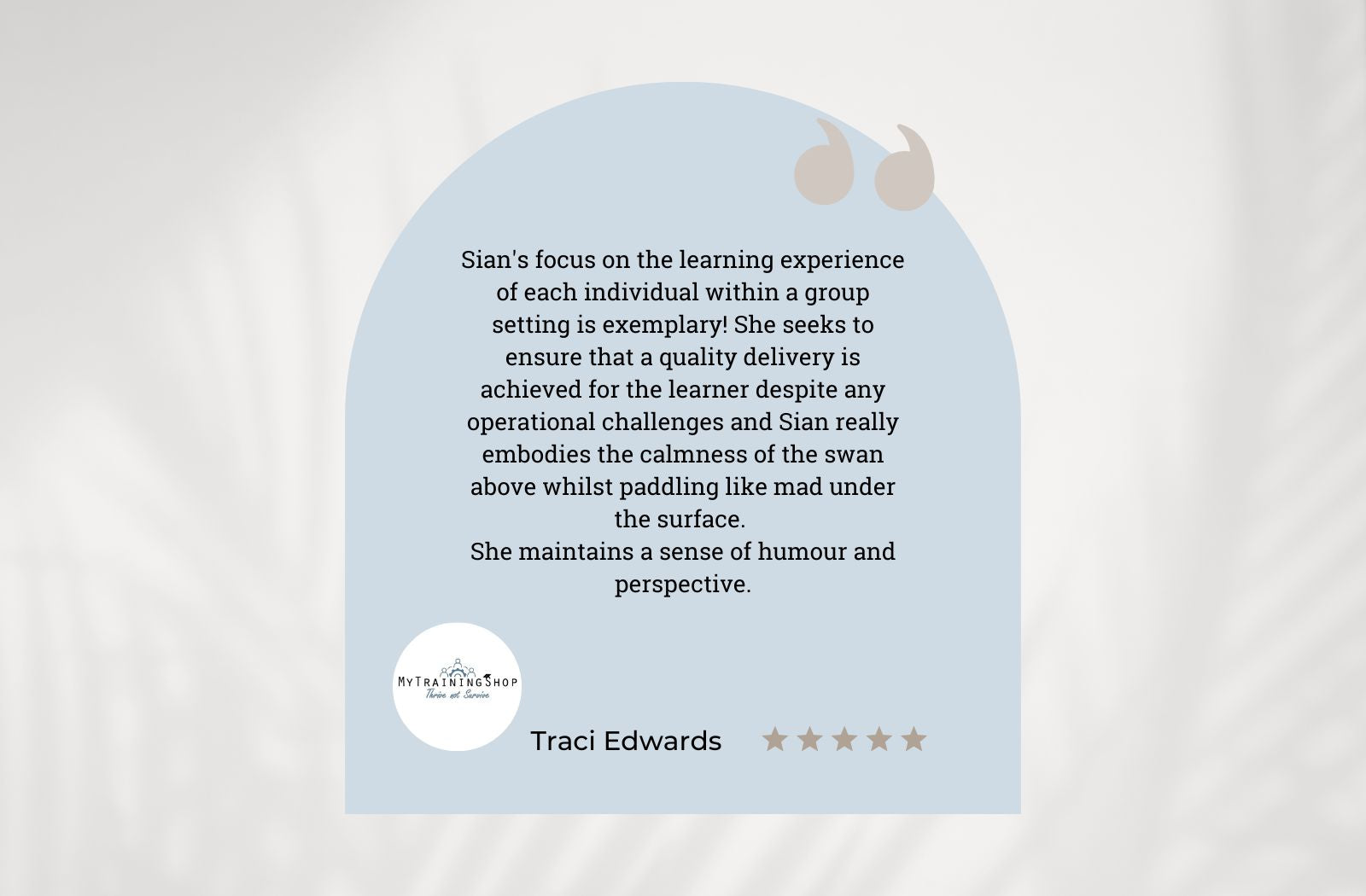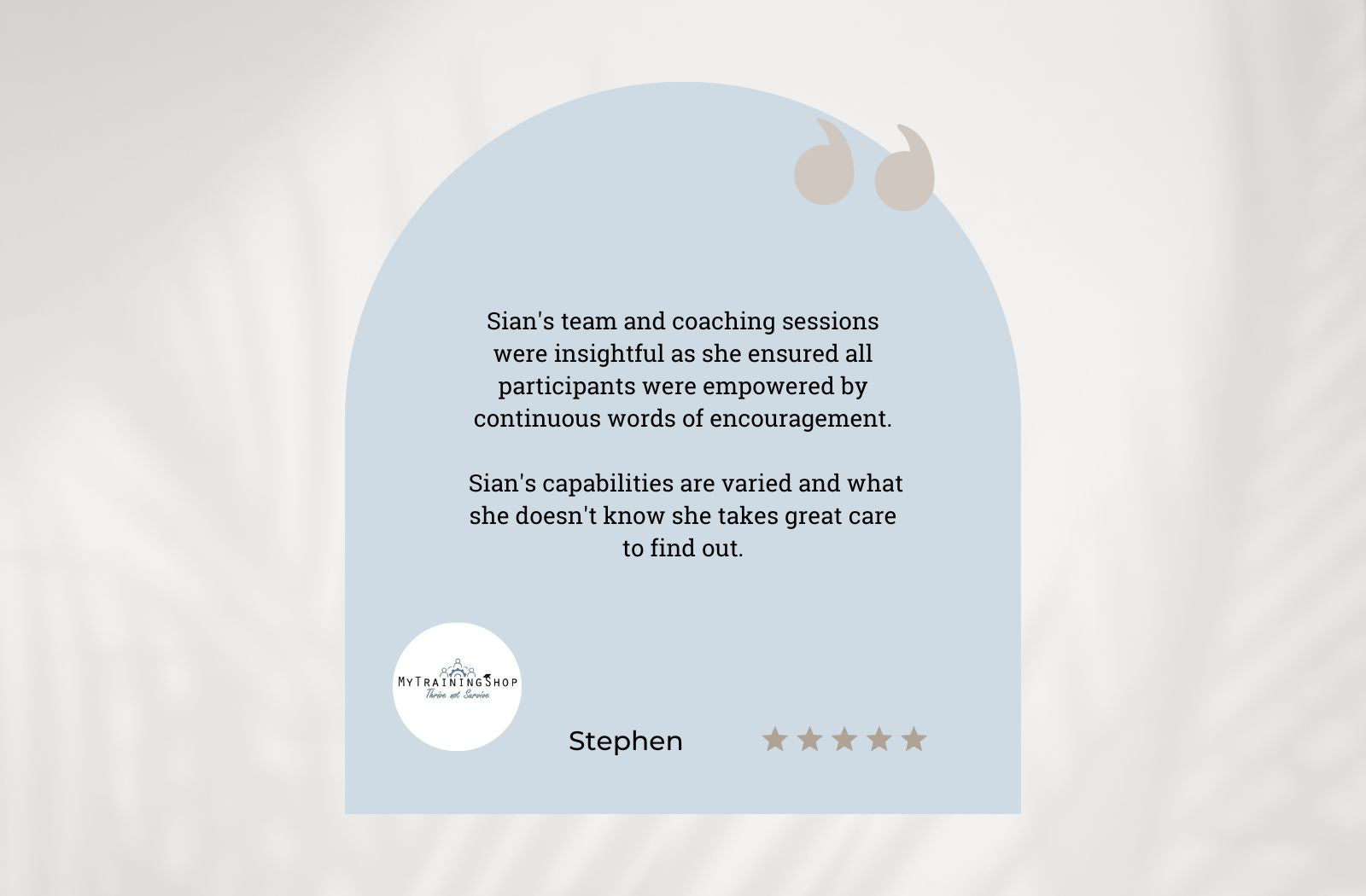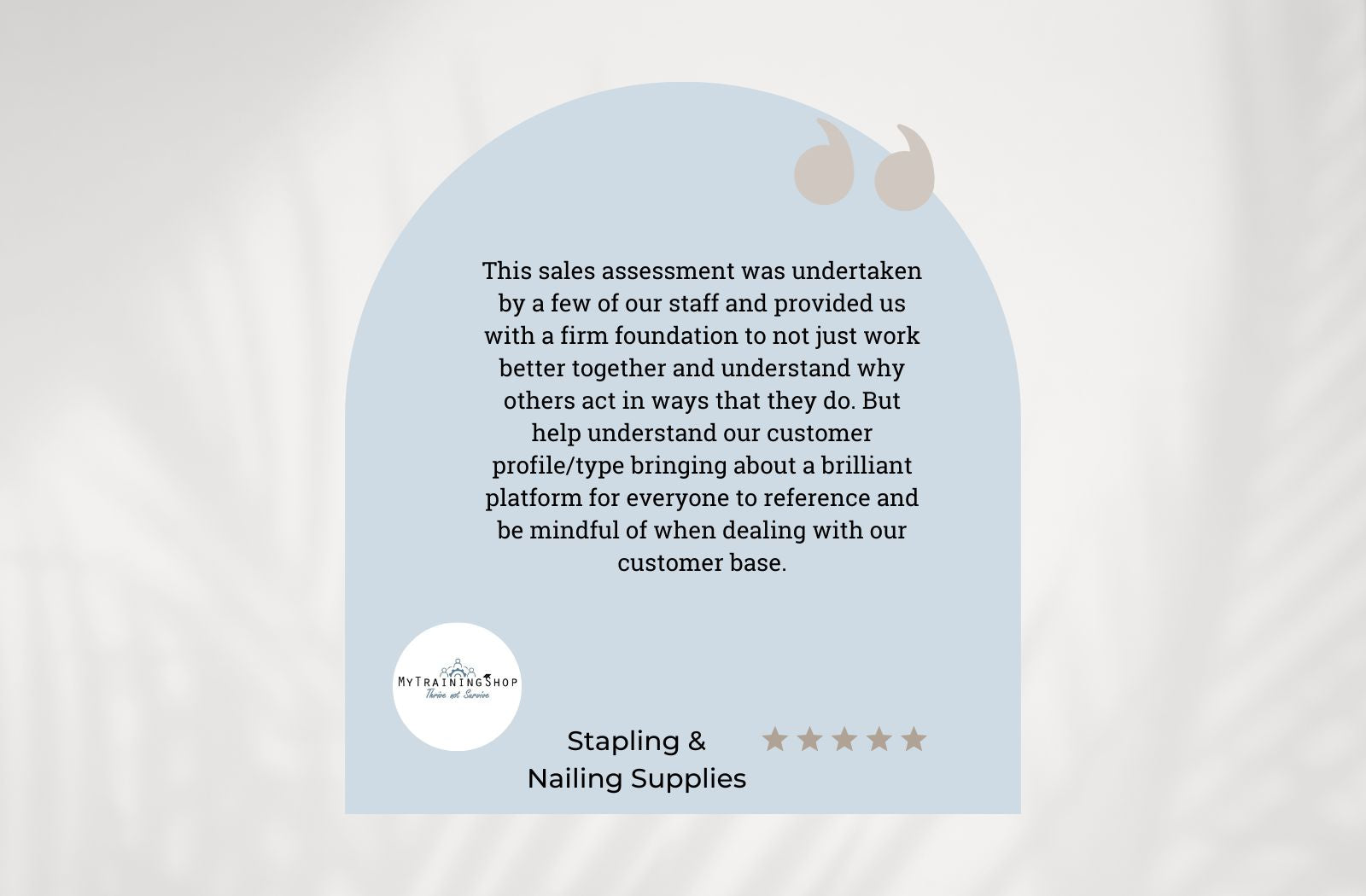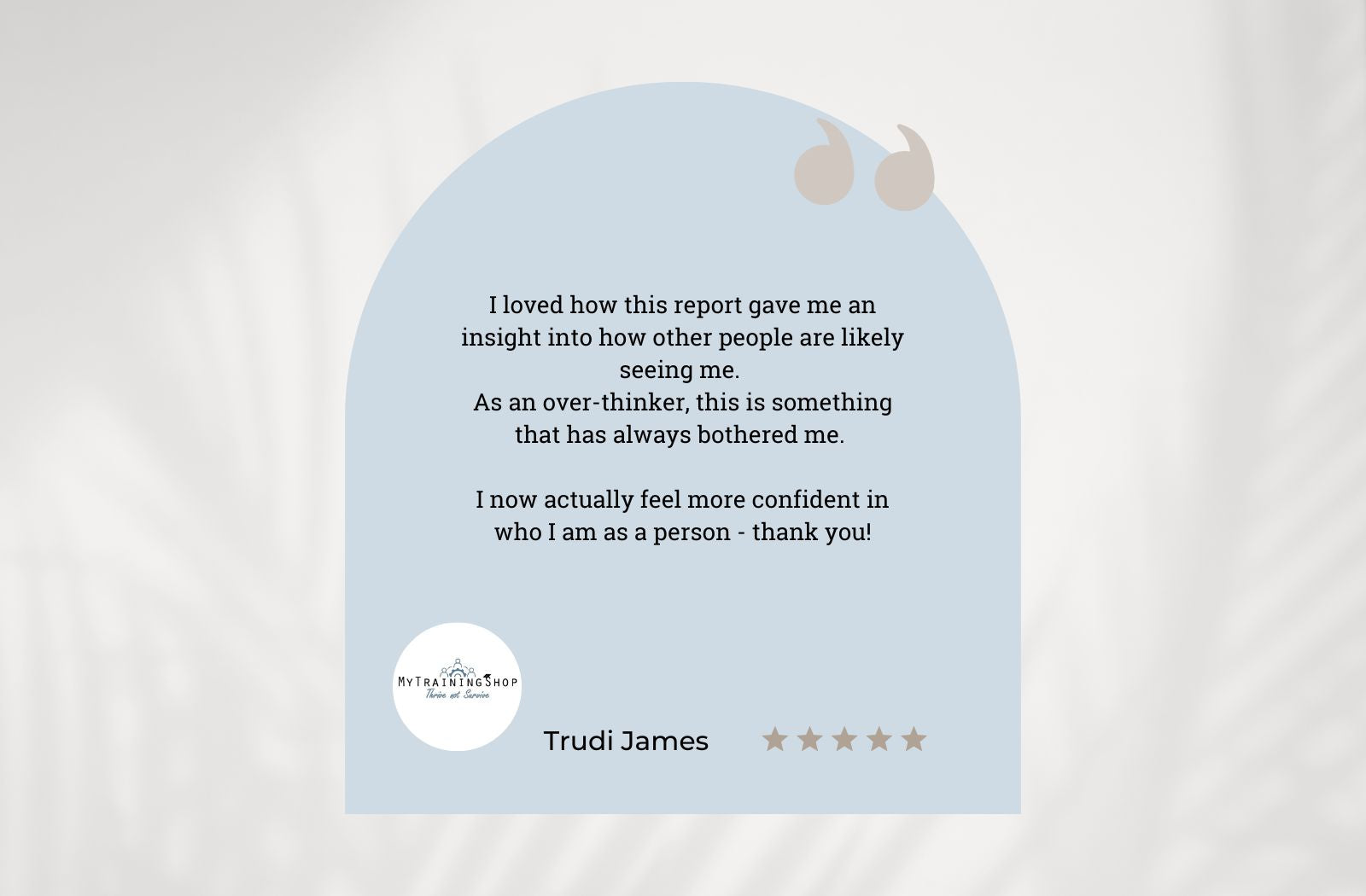Change Management Courses
Change Management Learning
![]()
Module 1
“Successful leaders know how to line up support for their initiatives and create the right environment for change and innovation” Quote: Bonnie Marcus
Whilst this statement is true. Very few leaders have the expertise or experience to deal with how changes in the workplace can make the most confident of people feel uneasy. It can be assumed that there is a threat ahead which consequently impacts on peoples livelihoods. This uneasiness can transfer to becoming a wretched fear. In turn, fear can lead to a response that impacts negatively on themselves, people around them and of course the business.
Given what is currently happening worldwide, it is true to suggest that some of our fears around change are valid. If your organisation is implementing change. It is worth considering that it could be a signal that the business ship now needs steering in a different direction. Anxiety can be disorienting, overwhelming, a threat to identity and bring about a sense of being out of control during which the dreaded doubt takes control. Your response and how you lead your team could make a significant difference to the long-term effects.
Impact of Change on Employees
With change sometimes comes opportunity requires a shift in mindset. Turning fear, into powerful energy and positive force can take a little work. Putting together a change management process is the place to start.
Change management approach
Module One - Change Management Learning (90 minutes
Module Two - Managing the Impact of Change 90 Minutes
Module Three - Handle Resistance to Change 90 Minutes
Module Four - Change in a VUCA Environment 90 Minutes
All 4 modules can be combined to create a full day or 2 half days session. Get in touch
Or select individual sessions:
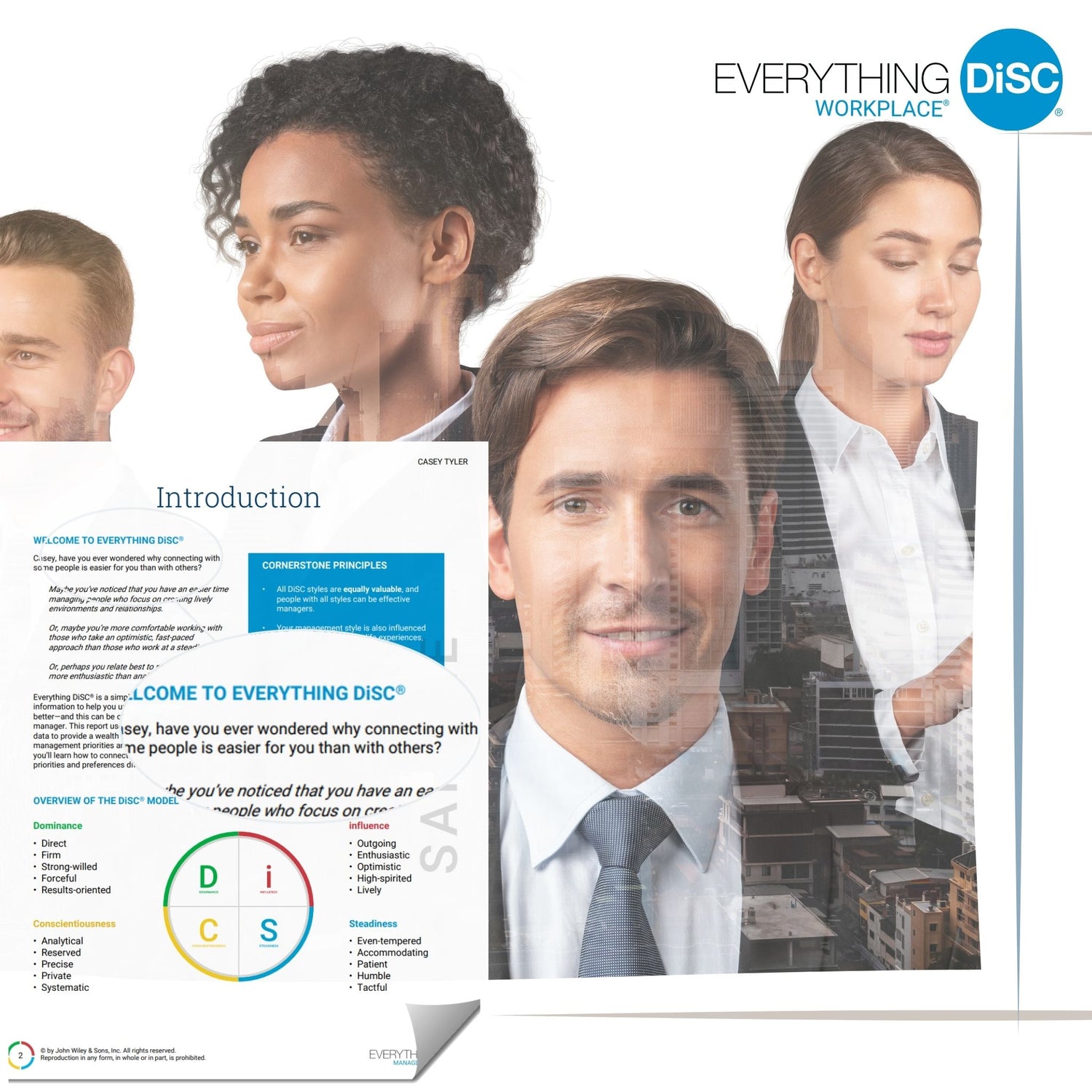
Group learning
Our courses can be facilitated either virtually (remotely) inhouse or a mutually agreed venue. Bespoke options avaiable

Obtain everything required to deliver Everything DiSC®
Trainers - Coaches - HR - Consultants
Facilitate Courses
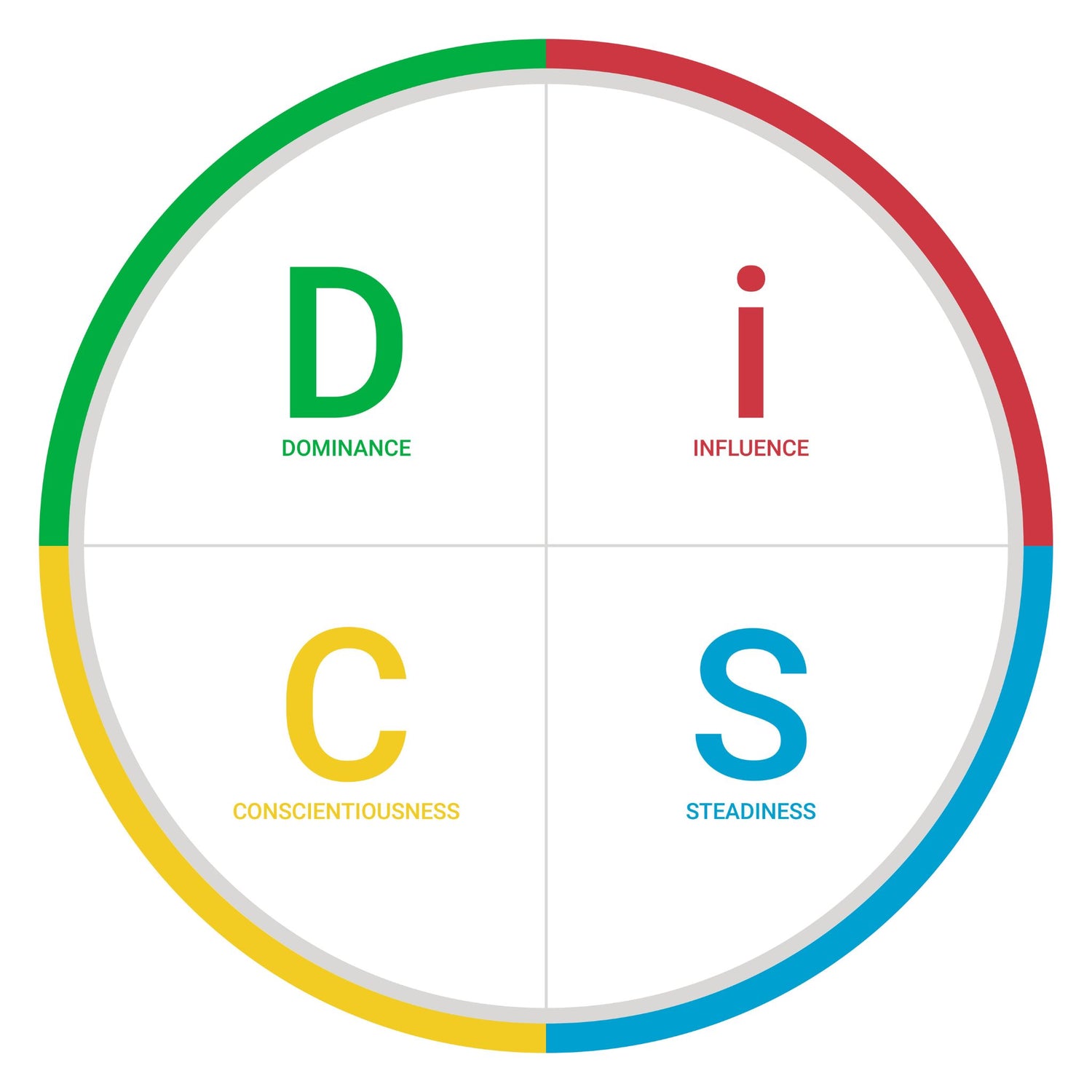
Courageous conversations can turn into something more straightforward
DiSC® stands
for Dominance, Influence, Steadiness and Conscientiousness.
It was first created by Dr. William Marston, a physiological psychologist in his book ‘Emotions of Normal People' in 1928. Over the years, his findings were built upon and gradually evolved until today, when they now form a four-stage process called ‘DiSC®’. Obviously this is then defined into more defined categories with some overlapping..






